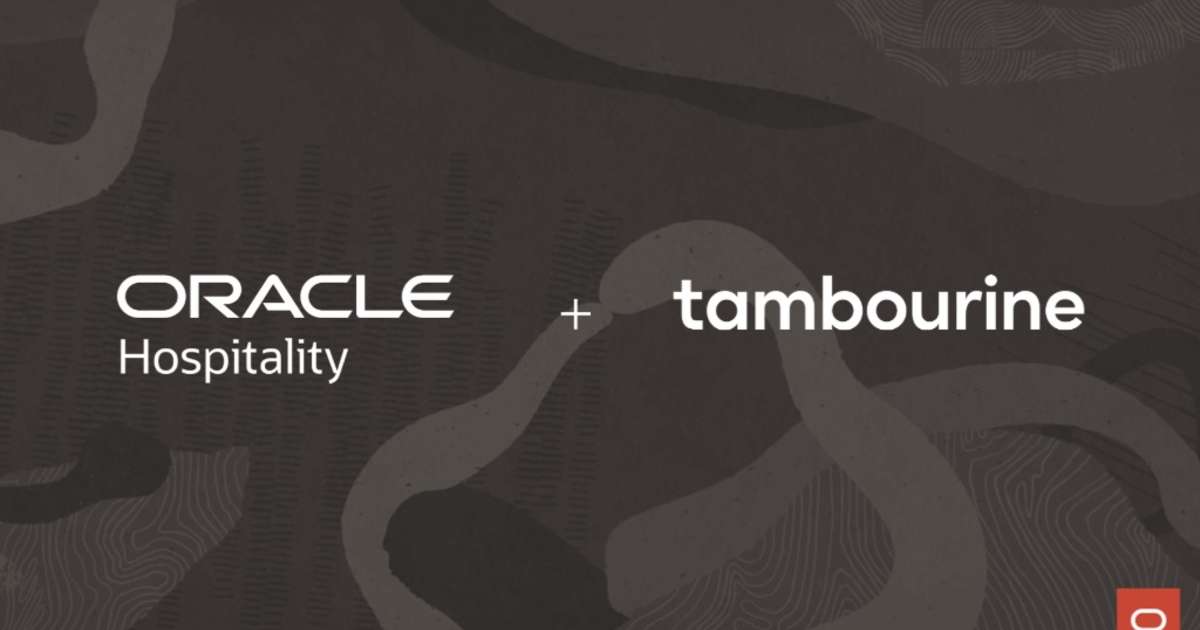
For a long time, accommodation, which evolved into hospitality, was a key component of the travel chain. It was an essential link, certainly, but it came at the end of the transportation chain and served as the starting point for the chain of tourist or business activities. This travel chain created – and still creates – a variety of ecosystems with their specialized actors: transport providers, accommodation providers, receptive agencies, leisure sites, restaurants… Solid by nature, yet often rivals, even antagonistic, when it comes to sharing the value chain.
Some tourism groups have chosen to position themselves across the entire chain, capturing each added value along the way, even if it means sacrificing part of it to remain competitive in their final offer. This strategy was the foundation of success for groups like Nouvelles Frontières, Thomas Cook, and TUI. However, it also led to their downfall when their margins became too thin to survive the shift in consumer habits brought about by digital transformation, which spread like a tsunami throughout the entire customer journey.
After a period of returning to “core business,” the temptation to become a full-service operator is making a comeback. It is tempting for a player who knows their audience well, who follows them closely in their travels and expectations, to offer them a “one-stop-shop” where they can find all the components of the perfect trip.
Announcements from Airbnb, which is relaunching its local “Experiences” while cautiously considering offering ticket sales, or Booking.com, which is determined not to leave its rival Expedia the entire transport booking field, show that diversification has replaced earlier reflection.
Hotel groups are not far behind. Anthony Capuano, CEO of Marriott International, made it clear: We want to access 100% of your travel wallet, expressing the direction of becoming a multifaceted tourism company. By making incursions into the world of cruises, catering, and events, Sébastien Bazin is doing the same, though with a different agenda.
Increasingly, the motivations for travel are no longer – or are less – dictated by business needs. The obligation to travel is being replaced by the desire to escape, to “live an experience” that must be seamless and complete throughout the service chain. The ambition is clearly stated: to be more than just an operator, but a true orchestrator of experiences.
Is there a risk? Undoubtedly! The risk of not being as relevant, legitimate, and effective in all the promises made to customers. Customer trust is not granted; it is built. It is earned through consistency, quality execution, and the ability to meet complex, variable, and increasingly personalized expectations. If a single player succeeds in seamlessly, pertinently, and legitimately aggregating all services – transport, accommodation, activities, dining, and additional services – then, yes, a portion of customers will entrust them with orchestrating the entire experience.
For those groups who have taken this path, it will be necessary to acquire skills, develop tools, avoid failures, and not lose the trust of financial analysts who dislike models that dissolve or become overly complex.
As the economy moves in cyclical waves, we should expect the construction of large leisure and travel operators to remain a trend. Until the next shift occurs, should the market demand it.
View source

